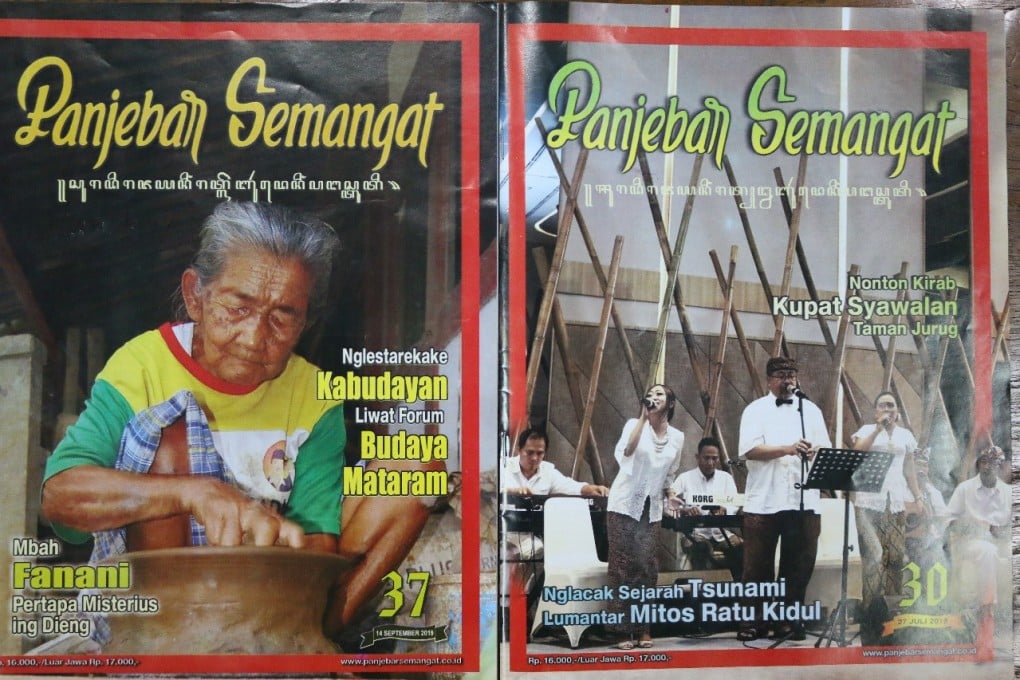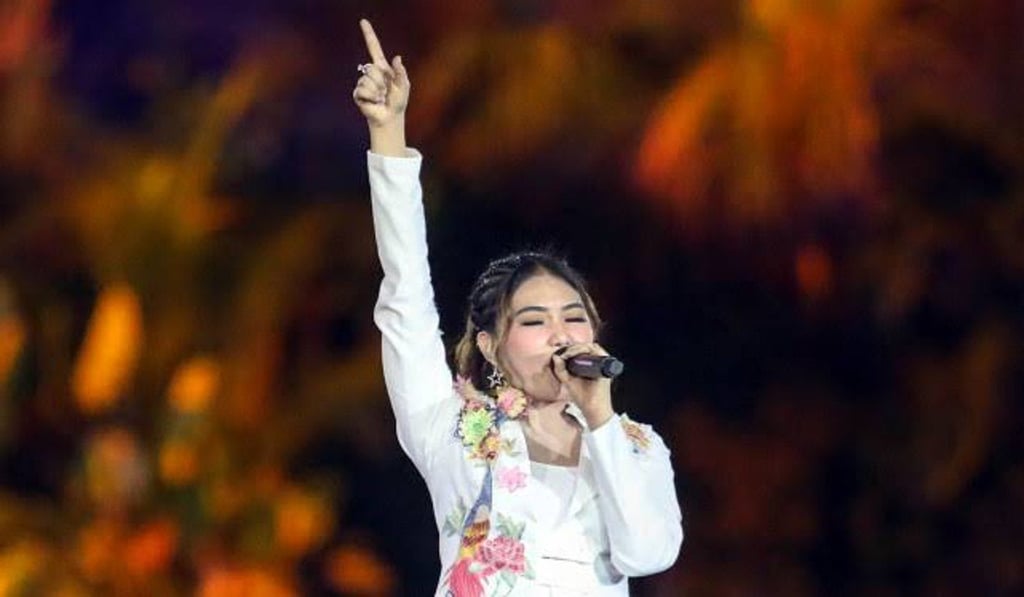Ceritalah | Indonesian stars Via Vallen and Didi Kempot are keeping Javanese alive in pop culture
- Javanese isn’t the national language but it’s very much alive in music and in politics, with all seven Indonesian presidents, including the late Sulawesi-born BJ Habibie having Javanese heritage
- Bahasa Indonesia became the national language to unite the country’s numerous ethnicities

Moreover, Javanese is very much alive, both in popular culture and politics. For example, one of Indonesia’s most famous pop stars Via Vallen, has attracted more than 186 million YouTube views for her song Sayang, (Love). She was also chosen to sing Meraih Bintang (Reach for the Stars) at the 2018 Asian Games in Jakarta.
Another singer, Didi Kempot, known as the “Godfather of Broken Hearts, is a quintessential old-school Javanese troubadour but even at 52 has developed a huge millennial fan base.
But how did this happen? How did Javanese, the language of Indonesia’s largest ethnic group, stop short of becoming the national language?
Indonesia’s national awakening – and its struggle for independence – took root with the Youth Congress of October 1928 when nationalist youth leaders from across what was the Dutch East Indies converged on Jakarta.

The main outcome of the meeting was the so-called Sumpah Pemuda (Youth Pledge), which committed Indonesia’s nationalists to fight for one motherland and one people while acknowledging one national language: Bahasa Indonesia.

